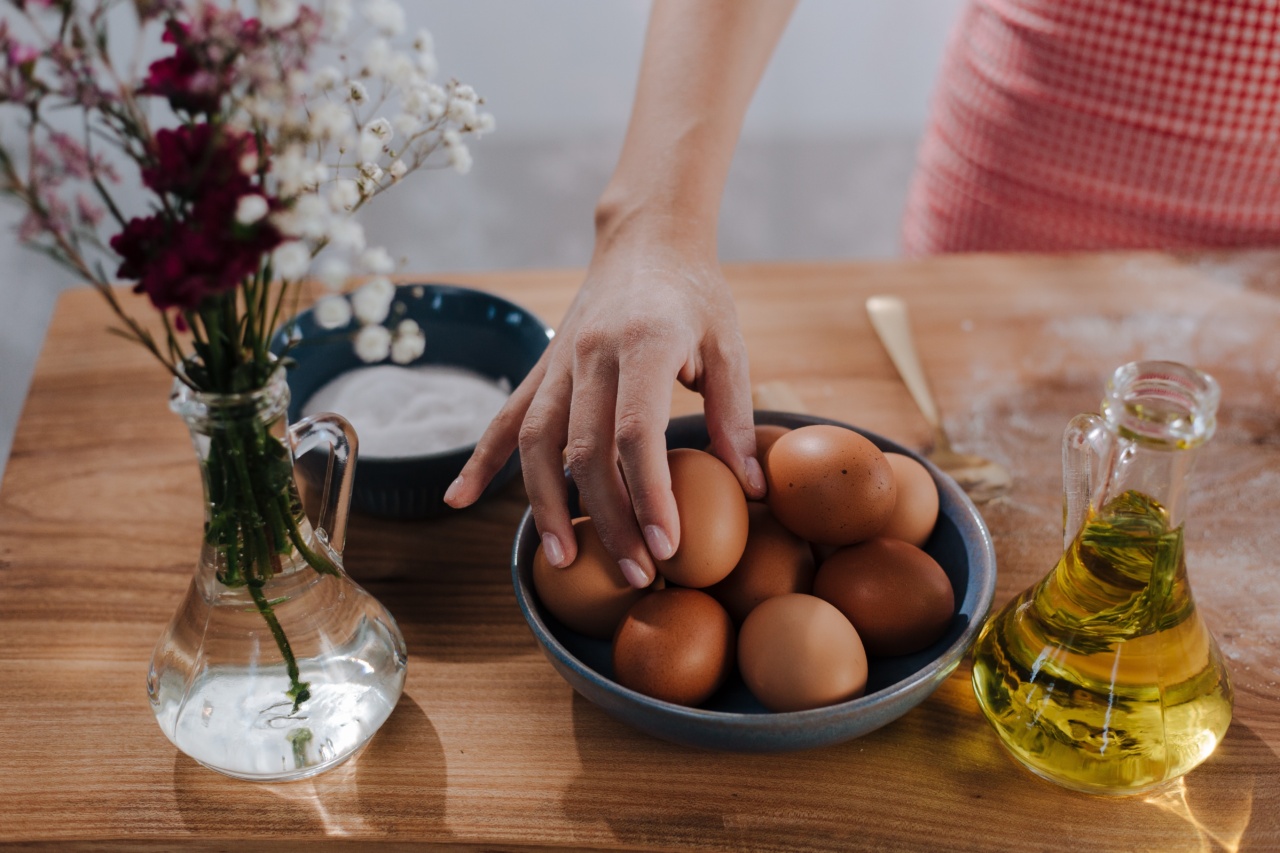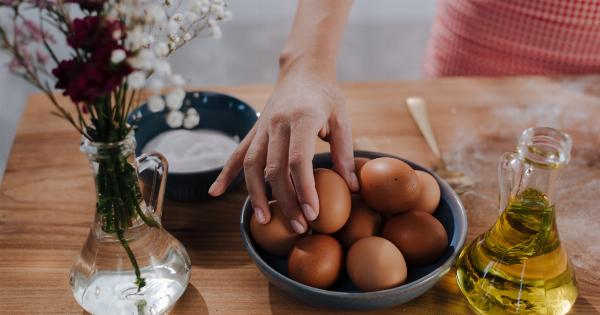Virgin olive oil is considered to be one of the healthiest oils in the world. It is rich in monounsaturated and polyunsaturated fats, antioxidants, and anti-inflammatory compounds that have been linked to numerous health benefits.
However, when it comes to cooking, the health benefits of virgin olive oil can be significantly reduced. In this article, we will explore the reasons and provide you with some tips on how to preserve the health benefits of virgin olive oil.
What makes virgin olive oil healthy?
Virgin olive oil is extracted from olives by pressing or centrifuging, without any chemical treatment involved. This way, the oil preserves most of its natural nutrients and beneficial compounds.
Here are some of the main nutrients and compounds that make virgin olive oil healthy:.
1. Monounsaturated and polyunsaturated fats
Virgin olive oil is mainly composed of monounsaturated and polyunsaturated fats, which are considered to be “healthy fats”. These fats can help lower LDL cholesterol (the “bad” cholesterol) levels and promote heart health.
2. Antioxidants
Virgin olive oil is rich in antioxidants, which can protect your cells from oxidative stress and inflammation. Some of the main antioxidants found in virgin olive oil are vitamin E, polyphenols, and beta-carotene.
3. Anti-inflammatory compounds
Virgin olive oil contains several anti-inflammatory compounds, such as oleocanthal and oleuropein.
These compounds have been shown to reduce inflammation in the body and potentially lower the risk of chronic diseases, such as arthritis and some types of cancer.
How cooking ruins the health benefits of virgin olive oil?
The health benefits of virgin olive oil can be significantly reduced when it is heated or exposed to prolonged cooking. Here are some of the reasons why:.
1. Oxidation
When virgin olive oil is exposed to heat, oxygen, and light, it can undergo oxidation, which can damage its beneficial compounds.
Oxidation can also lead to the formation of harmful compounds, such as free radicals, that can promote inflammation and potentially increase the risk of chronic diseases.
2. Smoke point
Every oil has a smoke point, which is the temperature at which it starts to smoke and produces harmful compounds.
Virgin olive oil has a relatively low smoke point, around 375°F (190°C), which makes it unsuitable for high-temperature cooking methods, such as frying or grilling. When virgin olive oil is heated beyond its smoke point, it can break down into harmful compounds, such as acrolein and formaldehyde, which can irritate the eyes, throat, and lungs.
3. Loss of nutrients
When virgin olive oil is cooked for a long time, it can lose some of its nutrients and beneficial compounds, such as antioxidants and anti-inflammatory compounds.
This is especially true for deep-frying, where the oil is exposed to high temperatures for a prolonged period of time.
How to preserve the health benefits of virgin olive oil?
If you want to preserve the health benefits of virgin olive oil, it is recommended to use it in low-temperature cooking methods, such as sautéing, baking, or roasting. Here are some tips to help you:.
1. Use low heat
When using virgin olive oil for cooking, it is important to use low to medium heat (around 250-350°F or 120-175°C) to prevent it from reaching its smoke point. You can also mix it with other oils, such as canola oil, that have a higher smoke point.
2. Keep it away from light and air
To prevent oxidation, it is recommended to store virgin olive oil in a dark and cool place, away from light and air. You can also buy smaller bottles to use up the oil faster.
3. Use it as a finishing oil
One of the best ways to enjoy the health benefits of virgin olive oil is to use it as a finishing oil, meaning to drizzle it over cooked food or salads just before serving.
This way, you can enjoy its flavor and nutritional value without exposing it to high temperatures.
Conclusion
Virgin olive oil is a healthy oil that has numerous health benefits. However, when it comes to cooking, its health benefits can be significantly reduced when exposed to high temperatures and prolonged cooking.
To preserve its nutritional value, it is recommended to use it in low-temperature cooking methods and store it properly. If you want to enjoy its flavor and health benefits, it is best to use it as a finishing oil.






























